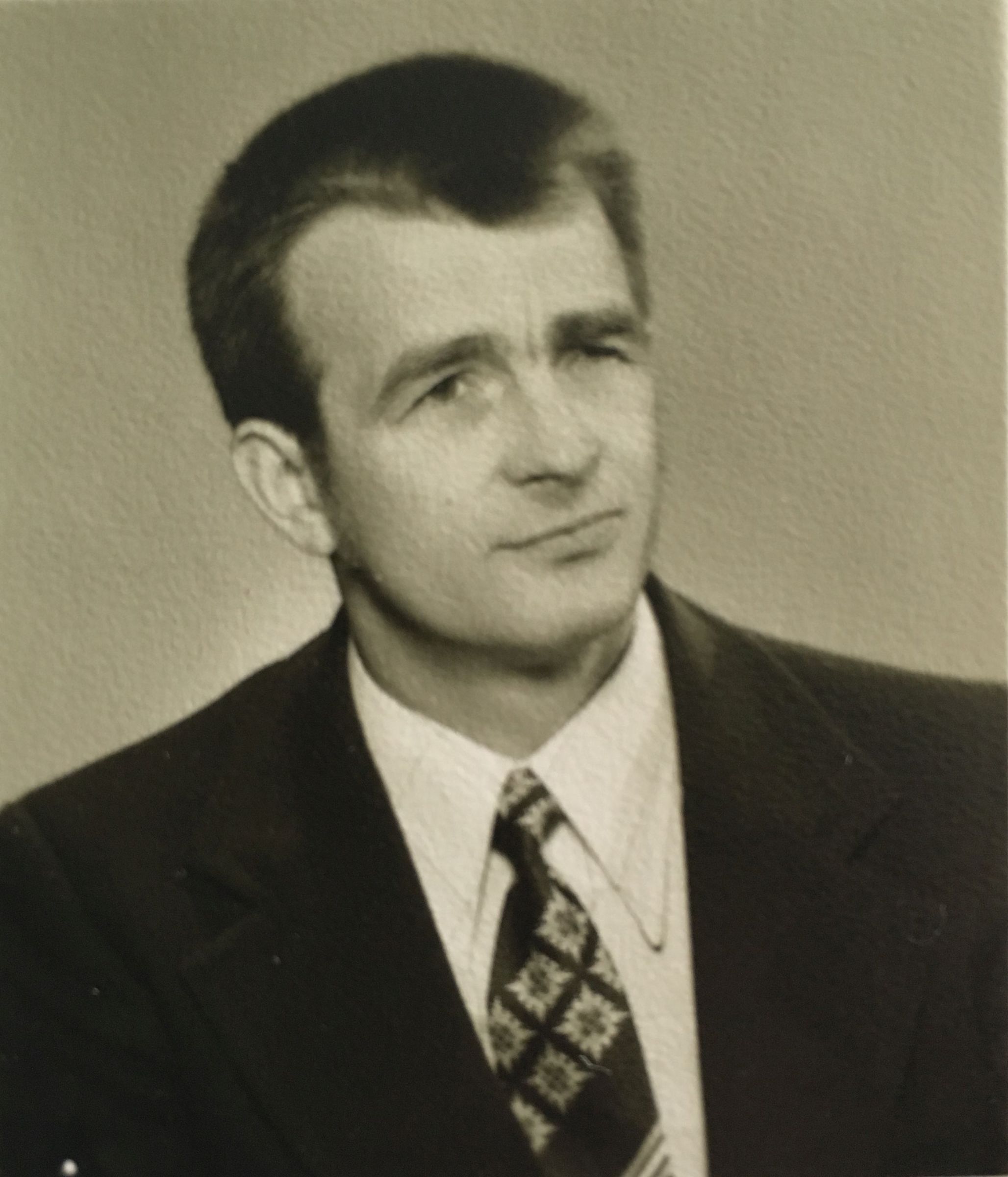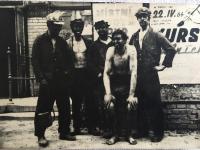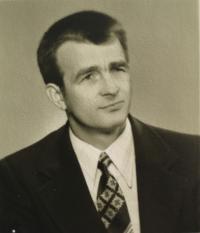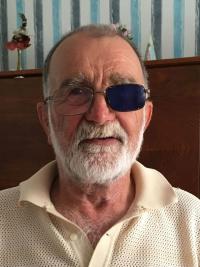A man can be stupid, but he must be lucky

Download image
Emil Adamčík was born in 1938 in Červeník. He has been a rebel since his early childhood. Yet when being a small child he told his father he detested the communists. He planned to emigrate three times and twice he even attempted to do so. The first time he wanted to cross the Czechoslovak-Austrian borders as a youngster near the place where his uncle lived, who revealed Emil´s plans. The second time he desired to save money for vacation in Cuba and get off on his way in Canadian Montreal. This plan never came true. For the third time he crossed the Polish borders and through Sweden he wanted to get to the USA. However, he was detained in Poland and imprisoned for the attempt to emigrate. He was released thanks to Svobodaˈs amnesty in 1968.




